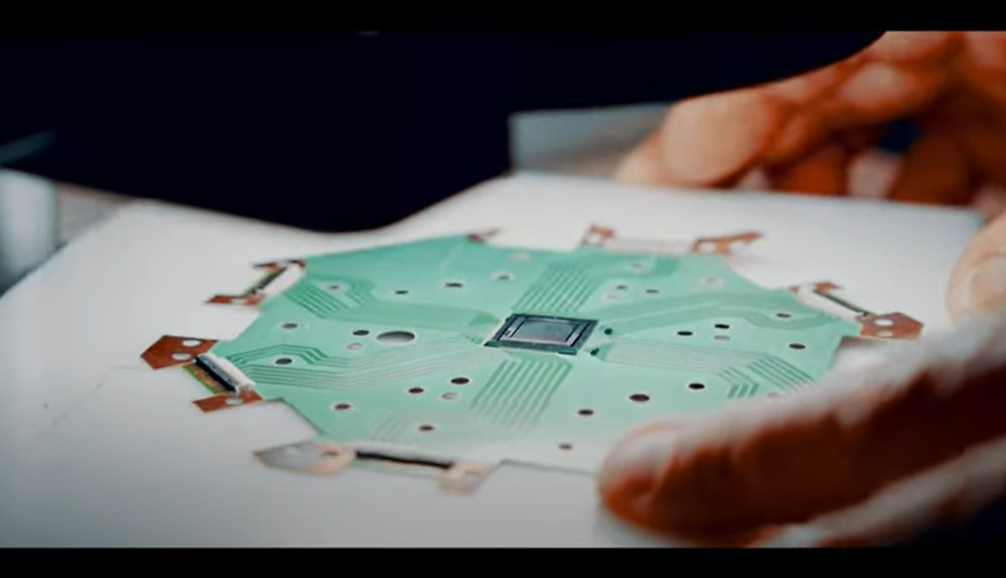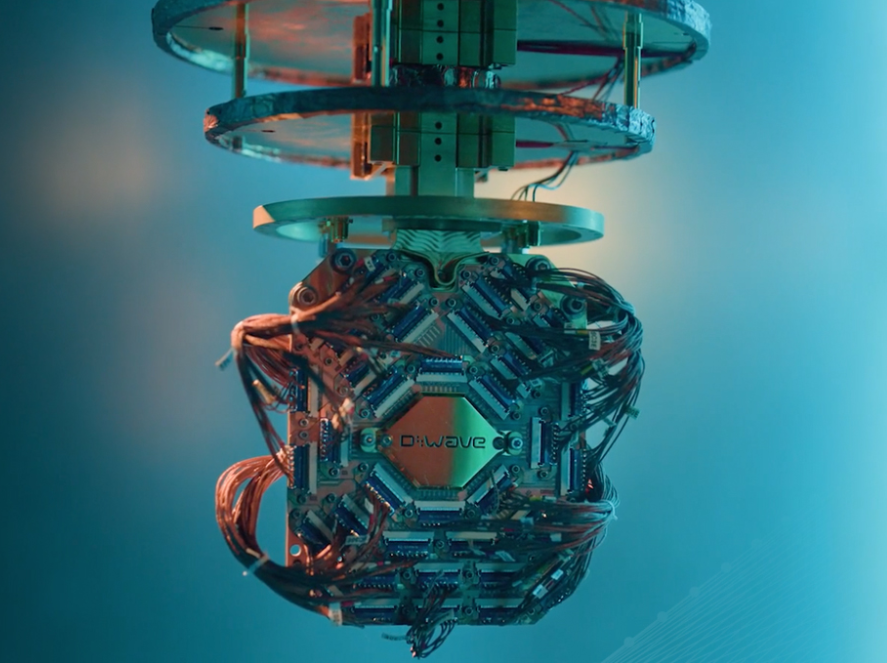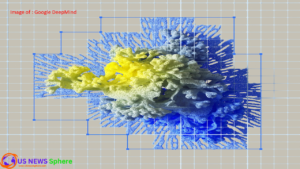Quantum Computing Milestone Challenged by Supercomputer; A Game-Changing Quantum Leap
Quantum computing has been at the forefront of technology for years, promising groundbreaking solutions to problems deemed unsolvable by classical computers. Recently, D-Wave’s Advantage2 quantum processor achieved a milestone by solving a complex problem in a mere 20 minutes, a task that would take a supercomputer around one million years. This quantum supremacy claim is significant, as it highlights the immense potential of quantum computers. However, questions about the practical application and advantages of quantum computing over traditional systems have surfaced, sparking a critical debate between quantum and classical computing.
The Quantum Computing Breakthrough: What Is It?
D-Wave’s announcement that its quantum processor solved a computational problem in record time has set the tech world on fire. The company claims this achievement demonstrates that quantum computers can outperform classical supercomputers in specific tasks. Quantum computing relies on the principles of quantum mechanics, allowing these systems to solve complex problems much faster than traditional computers. D-Wave’s Advantage2 processor uses quantum bits or qubits, which can exist in multiple states simultaneously, offering an exponential increase in processing power.

Quantum vs Classical Computing
| Feature | Quantum Computing | Classical Computing |
|---|---|---|
| Basic Unit | Qubit (quantum bit) | Bit (binary digit) |
| Information Processing | Can process multiple possibilities at once due to superposition | Processes one possibility at a time |
| Problem-Solving Speed | Potentially orders of magnitude faster for specific problems | Slower for complex problems |
| Hardware Requirements | Highly specialized, requires extremely low temperatures | More accessible, with readily available hardware |
| Use Case Focus | Quantum algorithms for cryptography, materials science, etc. | General computing tasks, including simulations and calculations |
Is Quantum Computing Really Ready?
Despite the impressive claims, there is skepticism within the tech community. Classical supercomputers, with continued advancements, are narrowing the gap. Researchers argue that D-Wave’s problem, while complex, does not definitively prove quantum computing’s superiority in real-world applications. With classical systems using advanced algorithms and enhanced computing power, they may solve similar problems without the need for quantum systems.

Supercomputers: A Worthy Competitor?
Supercomputers are rapidly advancing, with systems like the Fugaku in Japan leading the charge in performance and problem-solving capabilities. These machines are designed to handle a wide variety of complex tasks, including simulations of natural phenomena, and their progress raises questions about quantum computing’s actual edge. Researchers highlight that for practical applications, supercomputers may continue to outperform quantum systems, especially when paired with cutting-edge algorithms.
The Quantum vs. Classical Computing Debate
Quantum Computing vs Classical Computing
/ \
Potential Advantages Current Limitations
| |
Faster for specific problems Needs specialized hardware
| |
Superposition and entanglement Classical algorithms improving
| |
Complex problem-solving Cost and scalability concerns
|
Cryptography, drug discovery
Future of Quantum Computing: The Path Ahead
As quantum computing continues to develop, experts remain optimistic about its future. While the debate between quantum and classical computing rages on, the growth of both technologies ensures that groundbreaking advancements are just around the corner. Quantum computers may eventually provide practical, scalable solutions in industries like cryptography, materials science, and drug discovery. However, classical systems will likely continue to lead in other areas, particularly where cost, scalability, and algorithmic improvements are key.
Conclusion: Who Will Win the Race?
The battle between quantum and classical computing is not a simple one. Both technologies have their strengths, with quantum computing excelling in specific problem-solving areas, while classical computing continues to evolve with advancements in hardware and algorithms. It remains to be seen which technology will dominate in the long term, but one thing is clear: Both are pushing the boundaries of what’s possible in the world of computational power.





